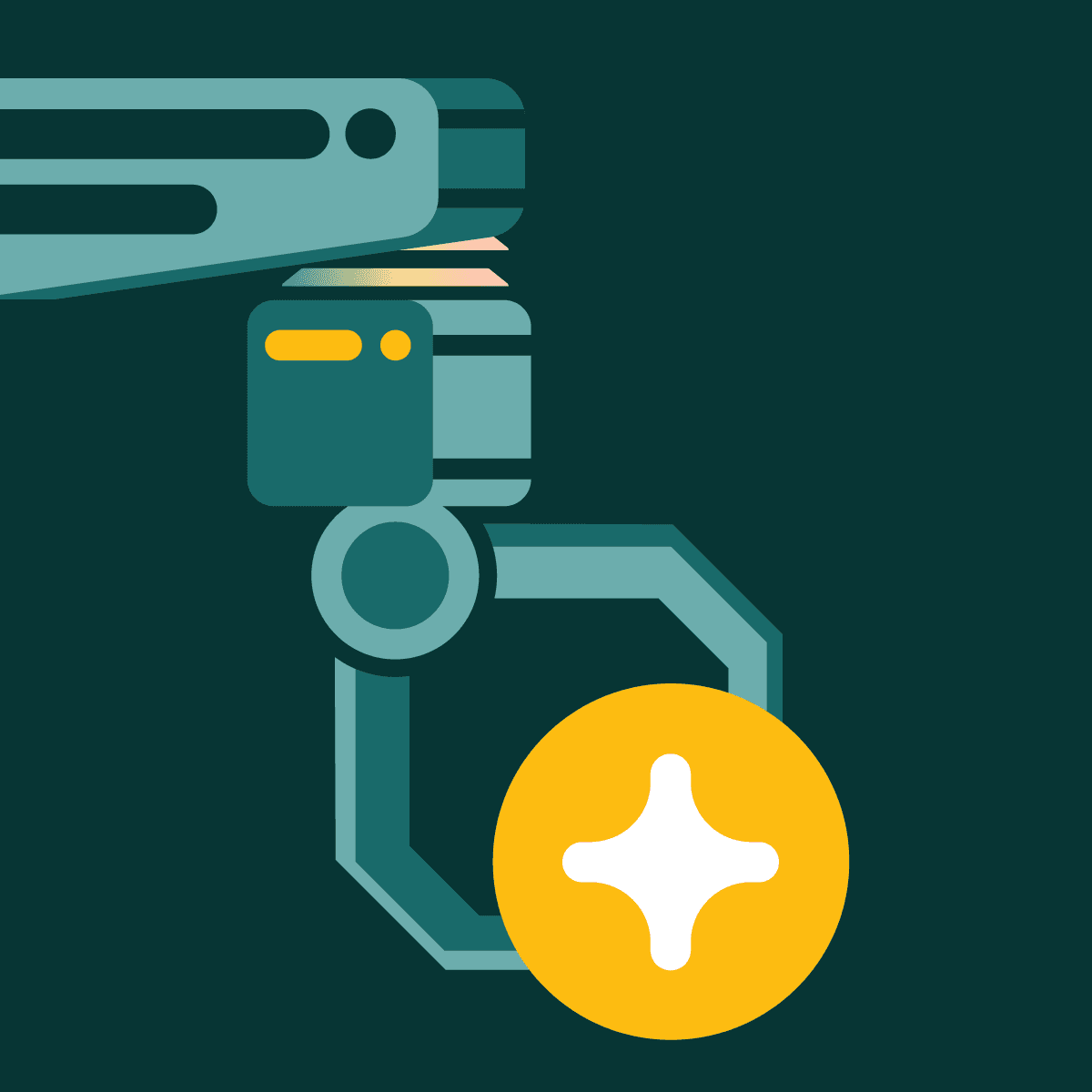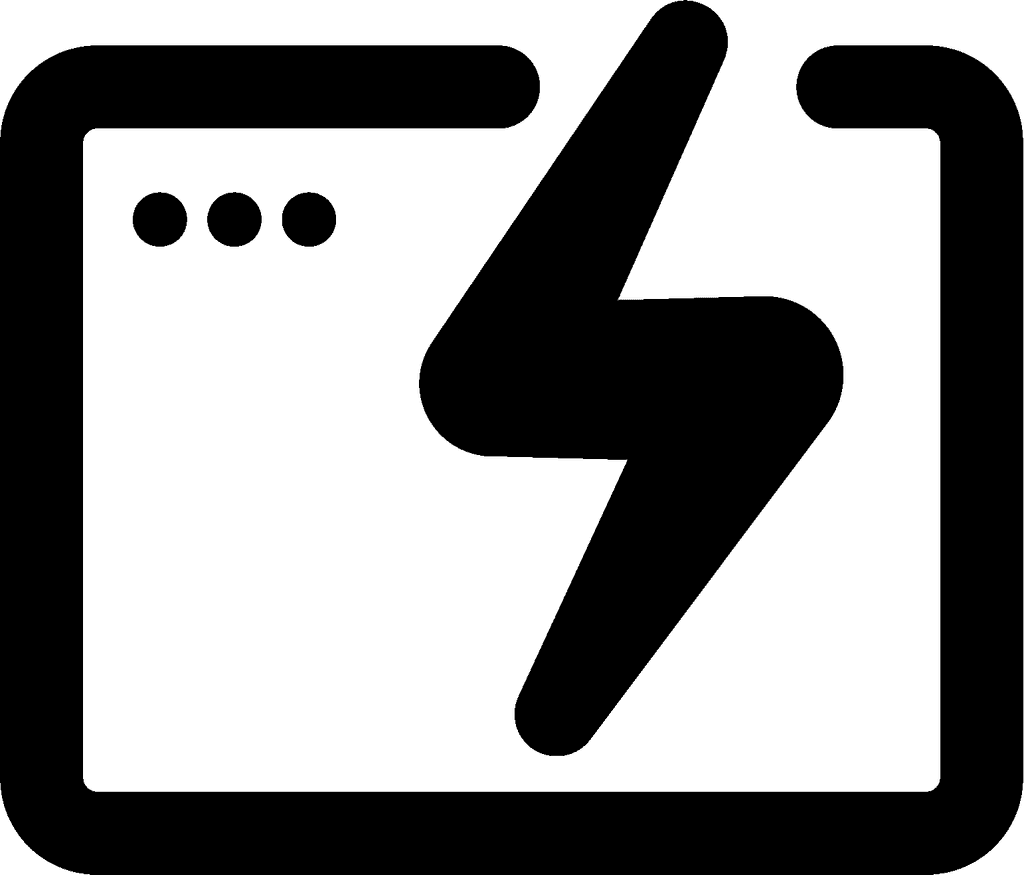Artificial Intelligence in Industry: Transforming Manufacturing Processes
Artificial intelligence is rapidly transforming industries across the globe. From manufacturing to healthcare, AI technologies are enhancing efficiency and unlocking new possibilities. Companies that harness AI effectively can gain significant competitive advantages in today's fast-paced markets.
AI applications in industry include predictive maintenance, quality control, and supply chain optimization. These tools analyze vast amounts of data to identify patterns and make recommendations, often outperforming human capabilities. As AI continues to advance, its impact on productivity and innovation is likely to grow.
The integration of AI into industrial processes presents both opportunities and challenges. While it can streamline operations and reduce costs, it also requires substantial investment and may disrupt traditional job roles. Organizations must carefully consider how to implement AI solutions to maximize benefits while managing potential risks.

Evolution of AI in the Global Market
AI has rapidly transformed from a niche technology to a global economic force. Its growth trajectory spans multiple regions and industries, reshaping markets worldwide.
AI Investment and Growth Trends
The AI market has experienced explosive growth in recent years. Global AI revenue reached $328.34 billion in 2021, with projections estimating a compound annual growth rate (CAGR) of 38.1% from 2022 to 2030. Private investment in AI hit record levels, surpassing $93.5 billion in 2021 alone.
Major tech companies have poured billions into AI research and development. Venture capital funding for AI startups continues to surge, with the United States and China leading in investment volume.
The COVID-19 pandemic accelerated AI adoption across industries. Healthcare, finance, and e-commerce sectors saw particularly rapid integration of AI technologies.
Geographical Distribution and Regional Impact
North America dominates the global AI market, accounting for over 40% of revenue in 2021. The United States remains the epicenter of AI innovation, home to tech giants and cutting-edge research institutions.
China has emerged as a formidable competitor, with ambitious national AI strategies and substantial government support. The country aims to become the world leader in AI by 2030.
Europe has made significant strides in AI development, focusing on ethical and responsible AI implementation. The European Union has proposed comprehensive AI regulations to ensure safe and trustworthy AI systems.
Emerging economies in Asia, Africa, and Latin America are increasingly adopting AI technologies. These regions present vast growth opportunities for AI companies and investors.
AI Implementation Across Various Industries
Artificial intelligence is transforming major sectors of the global economy. From manufacturing to healthcare, AI technologies are enhancing efficiency, improving decision-making, and unlocking new possibilities.
Revolutionizing Manufacturing and Production
AI-powered robots and machine learning algorithms are optimizing production lines. Computer vision systems inspect products for defects with superhuman accuracy. Predictive maintenance systems analyze sensor data to prevent equipment failures before they occur.
AI enables "lights-out" manufacturing, with fully automated factories operating 24/7. Digital twins simulate production processes, allowing for optimization without disrupting operations. Machine learning helps manufacturers quickly adapt to changes in demand or supply chain disruptions.
Healthcare Advancements Through AI
AI is accelerating drug discovery through rapid analysis of molecular structures. Machine learning models predict patient outcomes and recommend personalized treatment plans. AI-powered diagnostic tools analyze medical images to detect diseases earlier and more accurately than human doctors alone.
Natural language processing extracts insights from unstructured medical records. AI chatbots provide basic medical advice and triage. Robotic surgical assistants enhance precision in complex procedures.
Financial Services Transformation
AI algorithms detect fraudulent transactions in real-time. Robo-advisors provide automated investment management. Machine learning models assess loan applications and determine credit risk more accurately than traditional methods.
Chatbots handle basic customer service inquiries. AI analyzes market data to predict trends and optimize trading strategies. Computer vision automates check processing and document verification.
The Rise of AI in Retail and E-Commerce
Recommendation engines analyze customer behavior to suggest relevant products. AI-powered demand forecasting optimizes inventory management. Computer vision enables cashier-less stores and automated quality control.
Chatbots provide 24/7 customer support. AI personalizes marketing messages and tailors promotions to individual customers. Machine learning detects fraudulent online transactions and fake reviews.
Automotive Innovations and AI
Self-driving car technology continues to advance, with AI powering perception, decision-making, and control systems. AI optimizes route planning and traffic flow in smart cities. Predictive maintenance systems monitor vehicle health and schedule servicing.
Voice assistants provide hands-free control of in-car systems. AI analyzes sensor data to improve vehicle safety features. Machine learning optimizes electric vehicle charging and battery management.
AI Technologies and Their Business Applications
AI technologies are transforming industries through innovative applications. Companies are leveraging AI to enhance customer experiences, optimize operations, and drive efficiency across various business functions.
Language Processing and Customer Experience
Natural Language Processing (NLP) is revolutionizing customer service. Chatbots and virtual assistants use NLP to understand and respond to customer queries in real-time. This technology enables 24/7 support and reduces wait times.
Companies like Zendesk and Intercom offer AI-powered customer service platforms. These solutions can handle multiple languages and complex inquiries. They also learn from interactions to improve over time.
NLP is enhancing voice assistants like Siri and Alexa. These AI-driven tools are becoming more sophisticated in understanding context and intent. Businesses are integrating them into products and services for hands-free operation.
Predictive Maintenance and Machine Learning
Machine Learning (ML) algorithms are transforming equipment maintenance. Predictive maintenance uses sensor data and ML models to forecast potential failures. This approach reduces downtime and extends machinery lifespan.
Industries like manufacturing and energy benefit greatly from this technology. GE's Predix platform, for example, uses ML to monitor industrial equipment. It analyzes data from sensors to predict maintenance needs accurately.
ML models also optimize maintenance schedules. They consider factors like equipment age, usage patterns, and environmental conditions. This data-driven approach minimizes unnecessary maintenance while preventing breakdowns.
Enhancing Services with Computer Vision
Computer Vision is transforming visual inspection and quality control processes. AI-powered systems can detect defects and anomalies faster and more accurately than human inspectors. This technology is widely used in manufacturing and healthcare.
Retailers are using Computer Vision for inventory management. Systems like Amazon Go use it to track items and enable cashier-less shopping experiences. This technology improves efficiency and reduces labor costs.
In healthcare, Computer Vision aids in medical imaging analysis. AI algorithms can detect abnormalities in X-rays, MRIs, and CT scans. This assists radiologists in making more accurate diagnoses.
AI for Supply Chain Optimization
AI is revolutionizing supply chain management through advanced analytics and automation. Machine Learning models analyze historical data to forecast demand more accurately. This helps businesses optimize inventory levels and reduce waste.
Robotics and AI work together to automate warehouse operations. Companies like Amazon use AI-powered robots for efficient order fulfillment. These systems can navigate warehouses and pick items with minimal human intervention.
AI also optimizes routing and logistics. It considers factors like traffic, weather, and delivery priorities. This leads to more efficient transportation and reduced fuel consumption. Companies like UPS use AI to plan optimal delivery routes.
Major Corporate Players and AI Development
Tech giants are rapidly advancing artificial intelligence capabilities through innovative solutions, strategic partnerships, and intensive research and development efforts. These industry leaders are shaping the future of AI across sectors.
Innovative AI Solutions by Industry Leaders
OpenAI has made significant strides with its GPT language models, pushing the boundaries of natural language processing. Microsoft integrated OpenAI's technology into products like Bing and GitHub Copilot, enhancing search and coding capabilities.
Google's DeepMind achieved breakthroughs in protein folding prediction with AlphaFold, revolutionizing biological research. The company also developed LaMDA, an advanced conversational AI system.
Amazon's AWS offers a comprehensive suite of AI services, including Amazon SageMaker for machine learning model development and deployment. These tools empower businesses to leverage AI without extensive in-house expertise.
Collaborative Efforts and Strategic Partnerships
IBM partnered with Samsung to develop next-generation semiconductor chips optimized for AI workloads. This collaboration aims to boost computing power for AI applications.
NVIDIA joined forces with healthcare institutions to accelerate medical imaging analysis using its GPU technology. These partnerships drive innovation in diagnostics and treatment planning.
Tech giants frequently collaborate with universities and research institutions. Google's partnership with Stanford University on AI ethics research exemplifies this trend.
Research and Development Focus
Microsoft's Azure Quantum program explores quantum computing applications for AI, potentially unlocking new capabilities in optimization and machine learning algorithms.
Amazon's research efforts include improving Alexa's natural language understanding and developing more efficient robotics systems for warehouse automation.
IBM's focus on quantum computing and its potential synergies with AI positions the company at the forefront of next-generation computing paradigms.
NVIDIA continues to innovate in GPU technology, pushing the boundaries of parallel processing for AI model training and inference. The company's research extends to areas like autonomous vehicles and edge computing.
AI Governance, Policy, and Ethics
AI governance, policy, and ethics frameworks are crucial for responsible AI development and deployment. These areas address the complex challenges of integrating AI into society while safeguarding human values and rights.
Building Ethical AI Frameworks
Ethical AI frameworks guide the development and use of AI systems. These frameworks typically focus on principles like fairness, transparency, and accountability. Many organizations have created their own AI ethics guidelines.
The AI Index Report tracks progress in AI ethics and governance globally. It highlights the growing number of companies adopting ethical AI practices.
Fairness in AI is a key concern. Developers use techniques like bias detection and mitigation to create more equitable systems. This helps prevent AI from perpetuating or amplifying existing societal biases.
Transparency is another crucial element. Companies are working to make AI decision-making processes more explainable and interpretable.
Policy-Making for AI Adoption and Regulation
Governments worldwide are developing AI policies and regulations. These aim to balance innovation with public safety and ethical concerns.
The European Union's proposed AI Act is a landmark regulation. It categorizes AI systems based on risk levels and sets rules for their development and use.
In the United States, various government initiatives focus on AI. These include funding for AI research and development of AI standards.
COVID-19 has accelerated AI adoption in many sectors. This has prompted policymakers to address AI's role in healthcare and emergency response.
Liability issues are a growing concern. Lawmakers are grappling with questions of responsibility when AI systems cause harm.
Impact of AI on Society and Human Resources
AI is reshaping the job market and workplace dynamics. Some jobs are being automated, while new roles are emerging.
AI education programs are expanding to meet the growing demand for skilled professionals. Universities and online platforms offer courses in AI development and ethics.
The societal impact of AI extends beyond employment. AI-powered systems are influencing decision-making in areas like criminal justice, lending, and healthcare.
Concerns about AI's impact on privacy and data protection are driving policy discussions. Regulators are working to ensure AI systems respect individual rights.
AI's potential to exacerbate inequality is a key focus. Policymakers are exploring ways to ensure AI benefits are distributed fairly across society.
Frequently Asked Questions
Artificial intelligence is transforming industries across the board, from manufacturing to healthcare. Its applications are diverse and its impact far-reaching.
What are the leading industries that are incorporating artificial intelligence?
Manufacturing, healthcare, finance, retail, and transportation are at the forefront of AI adoption. These sectors leverage AI for process optimization, predictive maintenance, personalized customer experiences, and data-driven decision making.
Financial services use AI for fraud detection and algorithmic trading. Healthcare employs AI in medical imaging and drug discovery. Retail utilizes AI for inventory management and personalized recommendations.
How is artificial intelligence revolutionizing manufacturing workflows?
AI enhances manufacturing efficiency through predictive maintenance, quality control, and supply chain optimization. Machine learning algorithms analyze sensor data to predict equipment failures before they occur.
Computer vision systems inspect products for defects with greater accuracy than human workers. AI-powered robots collaborate with humans on assembly lines, increasing productivity and safety.
What are some prominent examples of AI applications within various industries?
In healthcare, AI assists in disease diagnosis through image analysis. IBM's Watson for Oncology recommends personalized cancer treatments based on patient data and medical literature.
In finance, robo-advisors like Betterment use AI to provide automated investment advice. Retail giants like Amazon employ AI for demand forecasting and inventory management.
What is the projected future of artificial intelligence in industrial development?
AI is expected to drive significant productivity gains across industries in the coming years. The global AI market is projected to reach $190.61 billion by 2025, growing at a CAGR of 36.62%.
Industries will likely see increased automation, more sophisticated predictive analytics, and AI-driven innovation in product development. Human-AI collaboration is expected to become more prevalent in various sectors.
Why is artificial intelligence considered essential for competitive advantage in today's industries?
AI enables companies to process vast amounts of data quickly, uncovering insights that drive better decision-making. It automates routine tasks, allowing human workers to focus on higher-value activities.
AI-powered personalization helps businesses deliver superior customer experiences. Companies that effectively leverage AI can operate more efficiently, innovate faster, and respond more quickly to market changes.
How do case studies illustrate the impact of AI on manufacturing efficiency and decision making?
Siemens' gas turbine factory in Berlin increased production efficiency by 20% using AI for predictive maintenance. The system analyzes sensor data to predict equipment failures, reducing downtime.
General Electric uses AI to optimize wind farm energy production. Their system analyzes weather data and turbine conditions, increasing energy output by up to 20% and reducing maintenance costs.

Build a more powerful help desk with Risotto
Minimize Tickets and Maximize Efficiency
Simplify IAM and Strengthen Security
Transform Slack into a help desk for every department
Schedule your free demo



